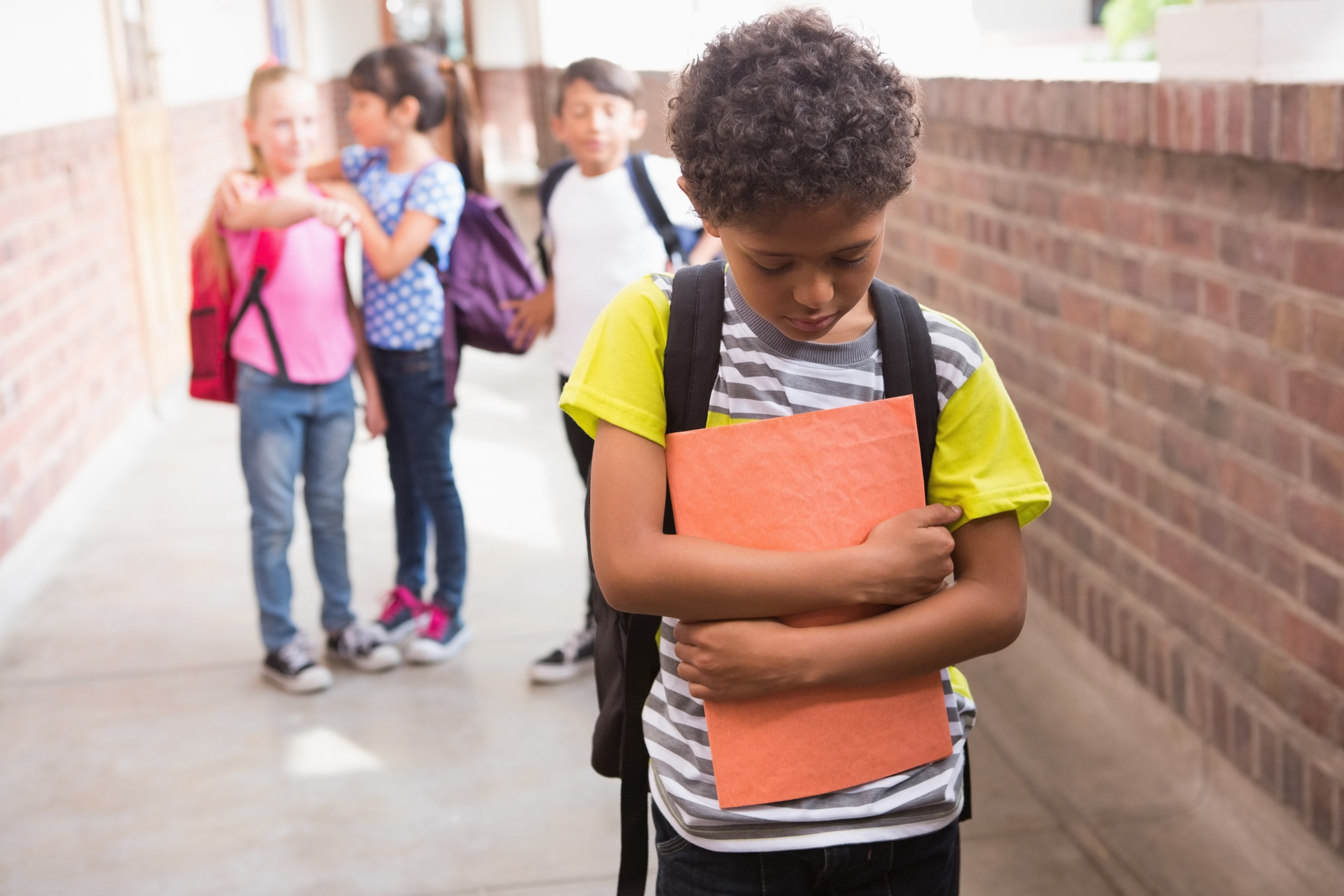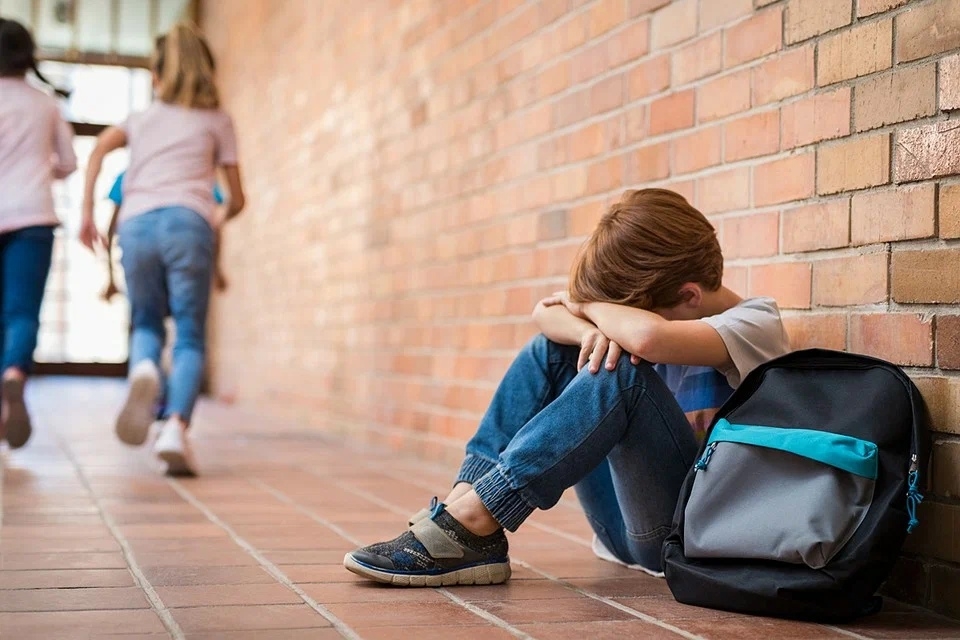10 Reasons Why Children Don't Want to Go to School and How to Deal with Them?
There is no doubt that education is the most important factor in the advancement and progress of society. Believing in the importance of education, man established schools in order to guarantee security, progress, and civilization.
School is the place where a child's psychological, intellectual, social, and cognitive potential grows, as well as the skills necessary for life.
The experience of going to school for the first time is considered one of the most important experiences that a child has. It is the stage of exploring a new, unknown world. They come out of their comfort zone, represented by family, to the new environment where they are on their own amid a set of rules they must follow and groups of teachers and classmates who have different behavior from what they are used to.
Going to school marks the end of a phase and the beginning of another for the child. One of the problems they encounter during this phase is school phobia, which makes them refuse to go there. School phobia is most prevalent among primary school children, especially the only child. It also affects the formation of their personalities on psychological and social levels. The child interprets this issue as a set of physical and psychological symptoms.
Fear of School or School Phobia
One of the most researched childhood fears is school phobia. Numerous terms have been used to describe it, such as truancy, school rejection, withdrawal anxiety, school dropout, and separation anxiety.
School phobia is an emotional state and a form of phobia that affects a child who goes to school for the first time because of poor parenting methods or violent behavior by the school. Therefore, they refuse to go to school or stay long in the classroom and insists on staying with their parents at home believing it is the only safe place.
The child expresses this fear through various behavioral manifestations such as stubbornness, crying, protesting, begging not to go there and distorted reasoning accompanied by severe emotions that end with physical illnesses such as headaches and nausea. The psychological symptoms are clear as well, such as anxiety and tension when it is time to go to school. Some children may set off to school but turn on their heels under various flimsy pretexts, such as sudden illness.
It should be noted that school phobia does not occur only in primary school children or those who go to school for the first time, which is normal due to parental separation anxiety. It can even occur during the transition from the primary to the junior middle stage with teenagers between the ages of 11 and 13.
Studies have also stated that this phobia is higher among females than males and can start at the beginning of school, disappear suddenly, and then return again in adolescence. If this fear disappears through the use of cruel, violent approaches in childhood, it can return in the twenties in the form of panic attacks and intense fear.
School phobia is not simple. Many children or teenage students drop out of school entirely because of it. Individuals who fail to adapt to school are more likely to fail academically, have lower educational attainment, struggle in practical and marital lives, experience social isolation, introversion, and other mental illnesses such as depression.

Reasons for School Phobia
- The child's inability to form new or healthy friendships due to poor social skills.
- Low academic achievement and low school performance.
- The child's high intelligence and boredom with the curriculum that does not suit their abilities, or the opposite being the child's low intelligence that leads to major learning difficulties.
- Mental illness resulting from school phobia, such as separation anxiety (particularly from the mother), exam phobia, social anxiety, dyslexia, trouble with math, hyperactivity disorder, and so forth.
- The overall family dynamic, which includes parent conflicts and their psychological effects, such as the child's dread of interacting with the outside world, including school.
- The child's jealousy of their siblings and the desire to constantly be the center of attention.
- Abuse at school, such as school violence by teachers or the administration, or bullying.
- Sense of physical inferiority in comparison to peers or being bullied by them.
- Excessive homework and the penalties associated with not doing it.
- Reasons related to society in general, such as widespread insecurity due to wars or political situations. This includes the fear of being kidnapped on the way to school.
How Do You Handle Kids Who Refuse to Go to School or Who Are Afraid of It?
A child’s - or a teenager's - school phobia is an issue that requires prompt treatment to avoid becoming an introverted person with many mental issues. It is necessary for parents and the school to know that they are dealing with a psychological condition that requires treatment and that the child does not pretend to be ill.

- Parents should visit the school with their child more than once and get to know the teaching staff before the start of the school year.
- The family must cooperate with the teacher in charge of the child to find out the reasons for their refusal to go or stay in school, identify and discuss their concerns and draw solutions.
- Try to send the child to school without resorting to harsh methods like beating or force and without being too lenient or using tmptation, like saying, "If you go to school today, I will give you some money."
- Securing the appropriate atmosphere for the child at home and school away from mental stress.
- Training the child to deal with their fears and overcome them gradually to uncover what hinders them.
- Preparing the child for school: Parents should talk positively about school and the knowledge and skills it provides that make the child a strong person. You can bring books and stories, read them, and teach the child to recognize the shapes in them. You can also bring sketchbooks and get them to spend a specific amount of time doing a task like drawing, for example. In addition, positively talk about the teacher, showing how important, kind, and helpful they are, and so on.
- Organize the child's time: Parents should organize the child’s schedule well in terms of his waking and sleeping times, lunch times, leisure time, playing, watching TV, etc. This will help them follow the rules imposed by the schools without complaining.
- The child must be assisted to overcome social phobia by taking them to places that have people, such as amusement parks or children's theaters, and helping them make new friends and get to know people outside their family circle.
- Increasing the child's involvement in conversations and social activities, such as attending festivals and children's plays and going to children’s parks.
- Visiting the child more often during their first days at school to make them feel safe and close any time they might need their parents, then gradually reducing those visits.
- The teacher should look after the child using gentle teaching approaches, like learning through games. The teacher must also be careful to give the necessary attention to the child suffering from school phobia, involve them in classroom activities and help them form friendships that foster feelings of security and happiness. This can be done by involving them in group work, through which they can get to know their collegues.
In Conclusion
School is the right environment for a child's development. It provides them with appropriate opportunities to acquire various experiences and knowledge that help modify their behavior and qualify them to be good and educated citizens who play their full role in society.
As a result, the child who suffers from persistent problems at school, or one who faces problems at school and is unable to solve them, will be vulnerable to disorders and diseases that impede their proper psychological development.
This can be seen in an educational setting since the curriculum, the teacher, and the student all work together as one cohesive unit during the learning process. The issue of school phobia and the issues that follow have an impact on how the educational process proceeds, hinder the teacher's ability to do their job, and create disruption in the classroom. In order to stop the development of the child's issues, it is necessary to address them right away through guidance, counseling, and integrated care provided by the family and school.